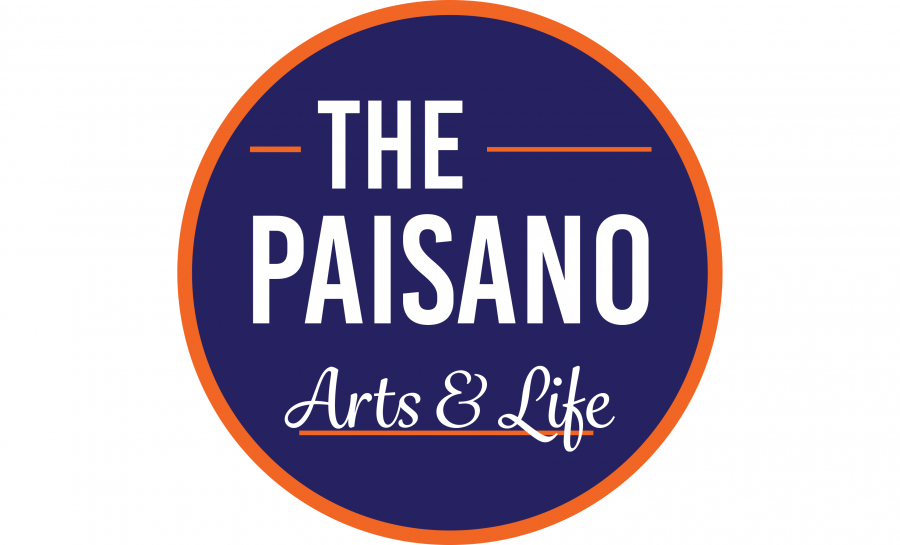

Marcus Connolly/ The Paisano
Dave Egger’s novel “The Circle” does not only make for a good weekend read but also leaves behind enough food for thought for the reader. The story takes place in a futuristic California. Facebook and all other social media websites have been, for lack of a better term, mushed together into one system named TruYou. Forget having a separate username for each individual account you have; now you only possess one login username and password for everything from banking to social media.
The mastermind behind all of this is Tyler Alexander Gospodinov. Ty for short. He is one of the three Wise Men who birthed the concept that has now become the world’s leading internet company: The Circle. It is at this company that our main protagonist is hired. Mae Holland, a young and ambitious woman, joins The Circle with the help of her old college roommate Annie. Along with Mae, we are slowly introduced to the world inside The Circle and her new position in Customer Experience. More than a workplace, The Circle resembles a college campus with its multiple tennis courts, sponsored events ,and dorm rooms that can be reserved online like a study room in the library. Like Mae, the reader’s first thought of the company is that “it’s heaven.”
Soon after starting with the company, however, the fluffy clouds disappear revealing The Circle’s dark side. It is an ideal place to work and the strong sense of community is fantastic just like Mae leads the reader to believe – but there is a catch. Are you involved enough? Can you meet your Zing (a futuristic form of Tweeting) quota, which could range in the hundreds daily? After all, you want to have a good rank when it comes to involvement. Mae does as well, and as the story progresses we see how dedication to being an accepted community member eventually crosses into obsession. It’s not just about being an engaged member of the company, but also having a high ranking in social media. Sound familiar?
How many followers a person has in any social media platform is a big concern today, and Egger does a great job of weaving these modern issues into his dystopian novel.
Another present issue is transparency. Heated debates are taking place over how much information should be available to the public and how much should be kept confidential. The Circle’s take on this issue comes in the form of a slogan: PRIVACY IS THEFT.
Cameras are everywhere, recording your every move. Sure, that is not too different from the already present security cameras, but the one big difference lies in the fact that these often miniature and hidden cameras are broadcasting twenty four hours a day for anybody to watch. Oh and, plot twist, the audience can make comments on the feed as well.
If that wasn’t intrusive enough, the newest invention in online dating called LuvLuv allows individual users to search their partner’s name and obtain every piece of information available about them, even details like their allergies. Remember, privacy, or at least web privacy, is dead. While the reader can spend at least half the book wishing they too worked at The Circle, somewhere half way through the book, a few 1984 tendencies start popping up and they are slightly unsettling.
In “The Cirlce” the whole world has access to every bit of information about you. Is that where we are headed? What would a life in that possible dystopian future be like? Let Dave Egger take you on a ride along with Mae Holland and experience it first-hand.






